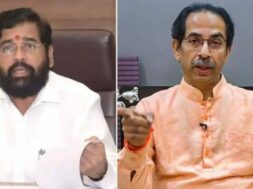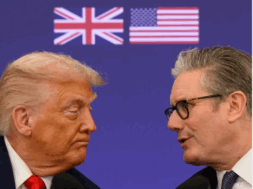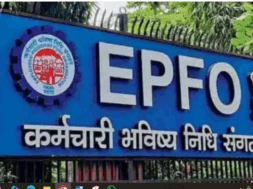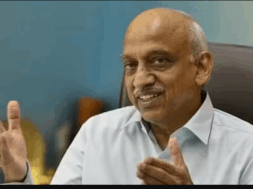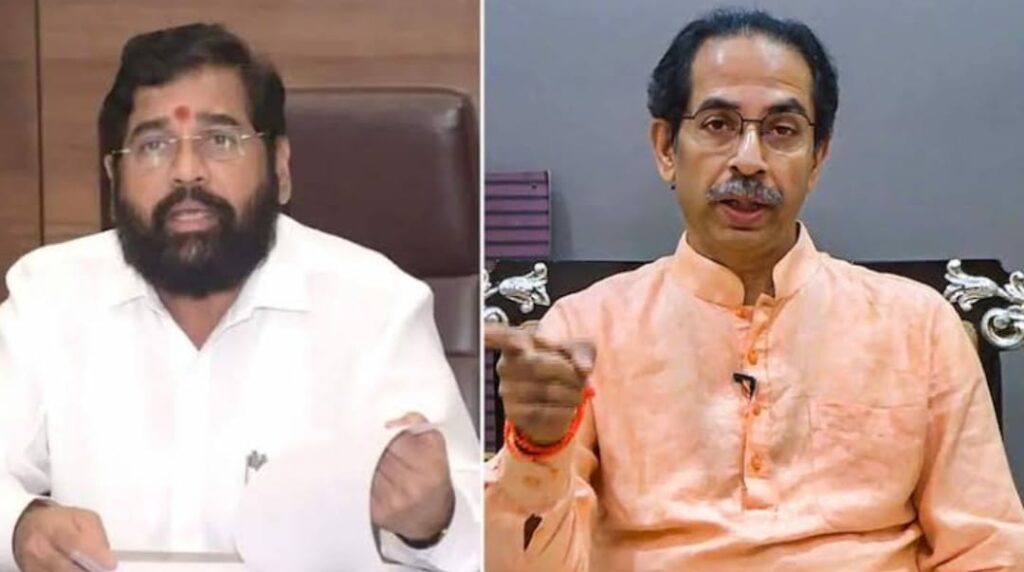
Manas Dasgupta
NEW DELHI, May 11: The Shiv Sena Uddhav Thackeray faction scored a moral victory after the Supreme Court in an unanimous judgement held that Eknath Shinde faction coming to power was entirely based on erring in judgement of the situation by the then governor Bhagat Singh Koshyari and left the decision on the disqualification of 16 members of the State Assembly of the Shinde faction on the speaker.
The bench, however, expressed its inability to reinstate Uddhav Thackeray back to power only because he had resigned from the chief ministership then on his free will without facing the floor test. Due to this, Maharashtra Chief Minister Eknath Shinde will get to keep his job despite gaining from an illegal decision by the then governor, the Supreme Court ruled on Thursday.
The Supreme Court’s unanimous judgment effectively opened the doors for the disqualification of Shinde and 15 of his party MLAs for defection from the Shiv Sena party if the speaker was guided by constitutional provisions instead of taking political decisions. The court also held that the then Governor’s call for trust vote, which led to Uddhav Thackeray-led Maha Vikas Aghadi government’s resignation, was entirely illegal.
A Constitution Bench led by Chief Justice of India D.Y. Chandrachud however said it cannot quash the resignation of Thackeray, and thus, would not be able to reinstate him as the Chief Minister of Maharashtra now. “Mr. Thackeray did not face the floor test. Instead, he had resigned. If Mr. Thackeray had refrained from resignation, he could have been reinstated. Since the trust vote was not held due to his resignation, this option does not arise. We cannot quash a resignation,” the court held. The associate judges on the Constitution Bench in this order were Justices M.R. Shah, Krishna Murari, Hima Kohli and P.S. Narasimha.
On June 29 last year, Thackeray had resigned as Chief Minister and the MVA government fell hours after the apex court refused to stay a floor test called for by Maharashtra Governor Koshyari on June 30. Following this, Governor Koshyari had invited Shinde to form the new government.
The Supreme Court said it cannot disqualify Shinde and 15 other MLAs for revolting against then Chief Minister Uddhav Thackeray in June last year. That power will rest with the speaker until a larger panel of judges rules on it.
The judgment, authored by Chief Justice Chandrachud, held that the Election Commission of India’s decision to recognise the Shinde faction as the “real” Shiv Sena and giving it the party’s “bow and arrow” symbol, did not have a “retrospective” effect and amounted to an interference with the party’s 2018 Constitution and results of the intra-party polls, following which Thackeray was made leader.
The court said Maharashtra Assembly Speaker Rahul Narwekar should not have kept the disqualification petitions against Shinde and other MLAs of his camp pending until the Election Commission gave its decision in its favour. The then Deputy Speaker Narhari Zariwal had issued disqualification notices against 39 MLAs, including Shinde, for defection on June 25, 2022.
The court said Shinde did not have the defence of ‘split’ available to him. A “split” from the original political party without a subsequent merger with another party or formation of a new faction is no longer a defence against charges of defection. The Constitution (91st Amendment) Act, 2003 had deleted the provision of “split” in Paragraph 3 of the Tenth Schedule. The judgment backs the contention raised by the Thackeray faction that the Shinde camp’s refusal to comply with the party whip amounted to a “split” from the original Shiv Sena party. As a result, they had ceased to be party members and were liable to be disqualified as legislators for defection.
The court strongly censured then governor for taking decisions that helped Shinde’s faction, saying he had “erred” in concluding that Thackeray had lost the support of the majority of MLAs. “The governor did not have any objective material and the exercise of discretion of the governor in this case was not in accordance with the law,” the court said.
The Supreme Court said governor Koshyari was not justified in calling upon then Chief Minister Uddhav Thackeray to prove majority in the assembly on June 30 last year, but added it cannot restore his government because he did not face the strength test and resigned. “The governor was not justified in calling upon Thackeray to prove his majority on the floor of the House because he did not have reasons based on objective material before him to reach the conclusion that Thackeray had lost the confidence of the House,” said the court.
Handing Thackeray what his camp has described as a “moral victory”, the court also said the speaker’s decision to appoint a member of Shinde’s faction as the whip of Shiv Sena, thus negating the then party chief’s control, was “illegal.”
Dodging questions on the sharp comments by the court, Koshyari told reporters on Thursday, “I am not a law student. I did what I thought was right at that time. What can I do when I have someone’s resignation?”
Commenting on the verdict, Thackeray said, “Eknath Shinde won after murdering democracy. He should resign as Chief Minister, as I did.” Sanjay Raut, his top aide, called it a “moral victory.”
But Shinde countered stating, “In democracy, importance is given to the majority. Today’s decision proves that the government that we formed, we did it legally and constitutionally.” His deputy, Devendra Fadnavis of the BJP, said, “You [Uddhav Thackeray] got elected in an alliance with the BJP, and then formed a government with the NCP (Nationalist Congress Party) and Congress. Where did your morals go then? You left ideology for power. Shinde left power and joined us in the opposition for ideology.”
Thackeray had asked the top court to settle the tussle after Shinde, backed by the opposition BJP, split the Shiv Sena and led most of the MLAs to form a new government. If Mr Shinde and his supporters were disqualified, he would have had to resign as Maharashtra Chief Minister and his government will be disbanded.
Senior lawyers Kapil Sibal and Abhishek Manu Singhvi argued for Uddhav Thackeray’s team in the court while Harish Salve, Neeraj Kaul, and Mahesh Jethmalani represented Eknath Shinde’s camp. Ruling on the tussle in February, the Election Commission had awarded the Shiv Sena party name and its bow-and-arrow symbol to Shinde. Thackeray’s smaller faction was given the name Shiv Sena Uddhav Balasaheb Thackeray and the symbol of a flaming torch.
Later talking to media, Thackeray said Shinde had “murdered” democracy for coming to power and should step down. “Eknath Shinde won after murdering democracy. If he and his deputy (Devendra Fadnavis) have any ethics, then they should resign,” Thackeray said with Bihar Chief Minister Nitish Kumar, who was on a visit to Mumbai, by his side.
“They (Shinde faction MLAs) betrayed my party and the legacy of my father. My resignation as the CM then may have been wrong legally, but I did it on moral grounds… How was I supposed to run a government with backstabbers,” he asked.
The state BJP, which is an alliance partner of the Shinde faction in the government, however, ruled out any resignation. “Eknath Shinde will not resign,” the deputy chief minister and BJP leader Devendra Fadnavis asserted, after the Supreme Court said Shinde was rightfully invited to form government after Thackeray resigned.
His remarks came at a press conference after Mr Thackeray called for Mr Shinde’s resignation like he did during the rebellion. “Thackeray didn’t resign on moral grounds but due to fear over people deserting him,” he said with Shinde by his side. Citing the court order, he said the Speaker will decide on the disqualification of MLAs. “For the purpose of the 10th schedule (of Constitution), the Speaker will decide who the political party is,” he added.
